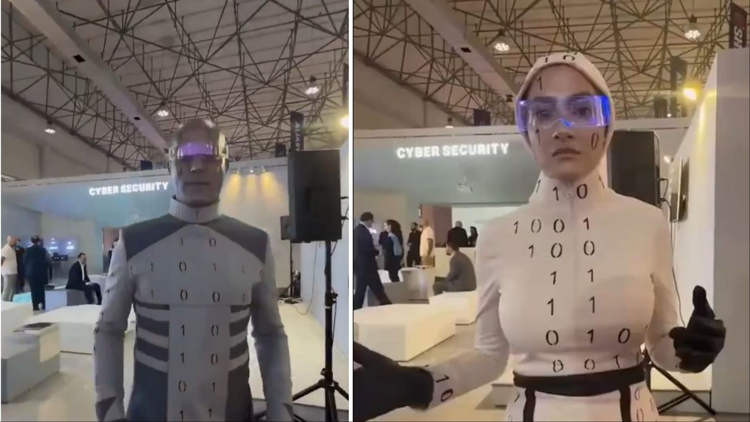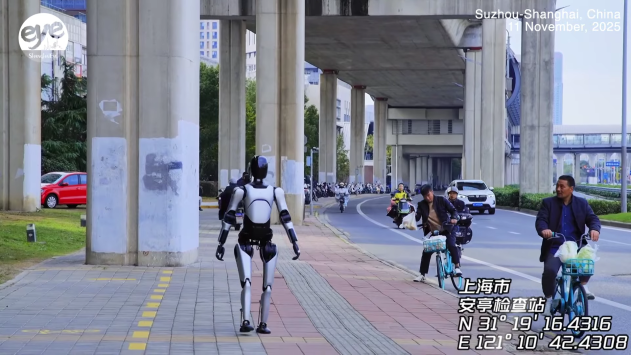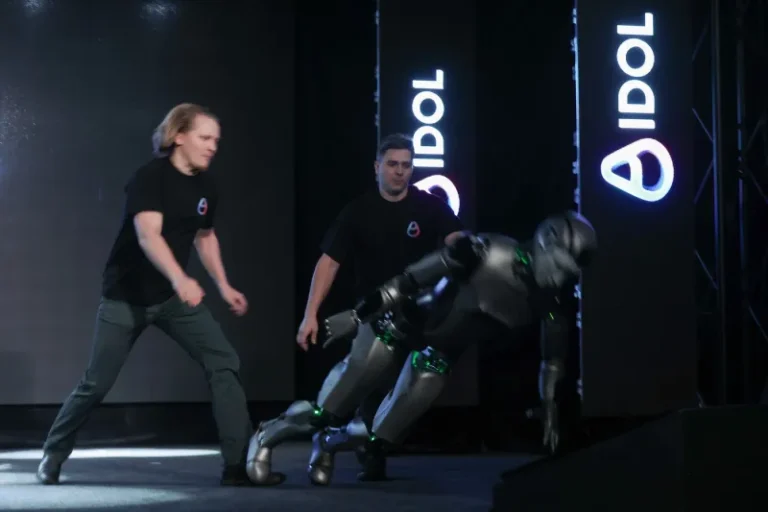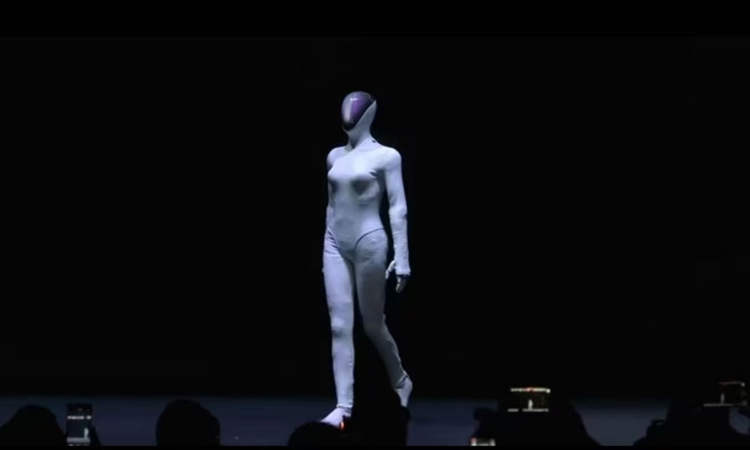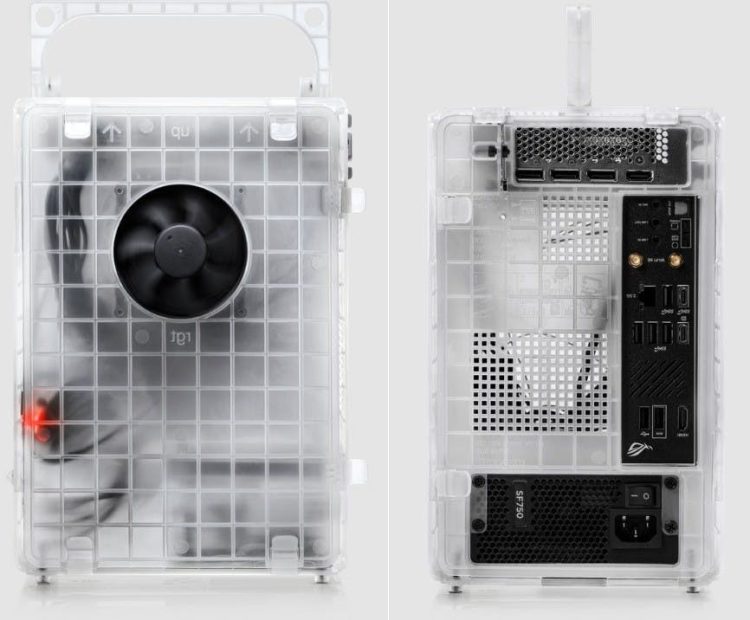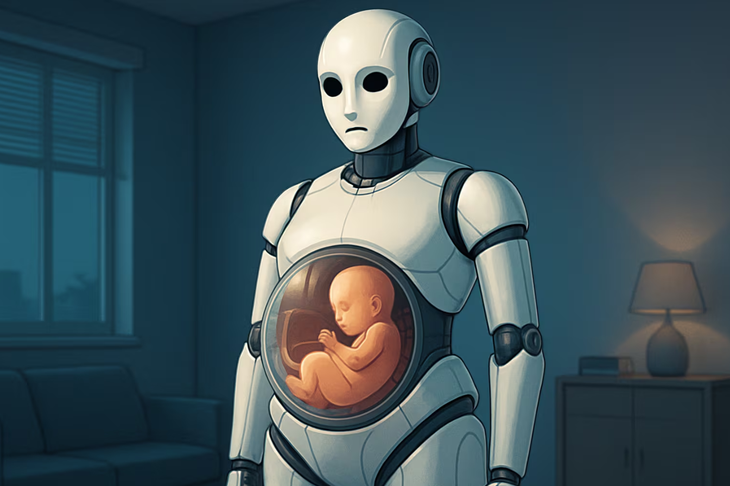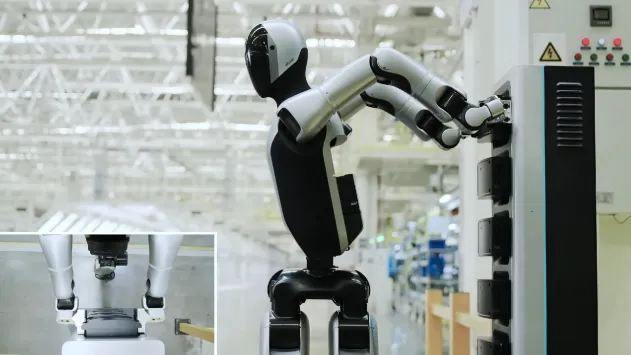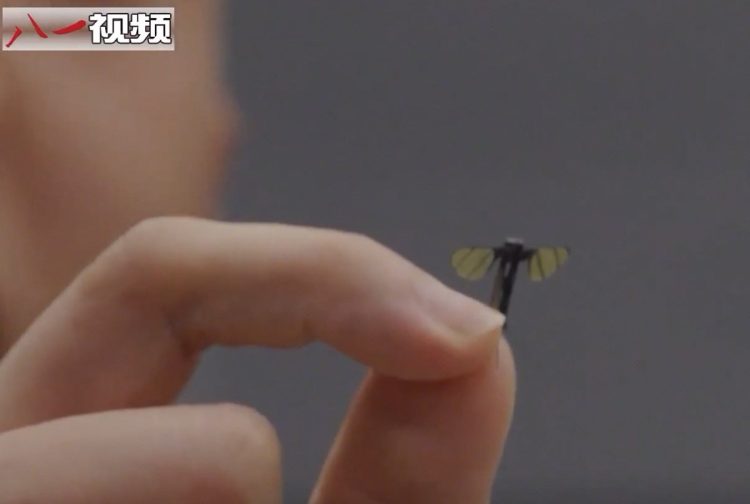Longevity is a topic of great interest to scientists and businessmen alike, many of them being focused on finding ways to prolong human lifespan by a few dozen years. But Los Angeles-based company Humai wants to take the idea to the next level – they’re trying to use artificial intelligence (AI) to bring people back from the dead and keep them alive forever! Many experts, however, smell a rat.
The concept of resurrecting people using AI seems taken from a sci-fi movie, but ‘Humai’ founder Josh Bocanegra has assured the media that he is quite serious about the business of resurrection. He even believes that it could become a reality within the next three decades. And his company’s mission statement is as straightforward as it gets: “We want to bring you back to life after you die.”
According to the Humai website, AI and nanotechnology can be used to “store data of conversational styles, behavioural patterns, thought processes and information about how a person’s body functions from the inside-out.” This data can be coded into multiple sensor technologies built into an artificial body that is powered by the brain of a real, deceased human. And as the brain ‘matures’, the company will restore it using cloning nanotechnology so it can always be brought back to life. Technically, a person could live forever this way.
Until the technology is fully developed, Humai plans to freeze its clients’ brains using cryonics technology. “We’ll first collect extensive data on our members for years prior to their death via various apps we’re developing. After death, we’ll freeze the brain. When the technology is fully developed we’ll implant the brain into an artificial body,” Bocanegra explained, adding that the artificial body will be controlled by the person’s thoughts and brain waves, just the way prosthetics are controlled today. He believes that an artificial body can ‘contribute to the human experience’, making death easier to accept.
Although it sounds similar, Humai’s technology is not the same as technological singularity, which is the idea of uploading the mind into a computer and replacing body parts with machines while a person is still alive. Ray Kurzweil, Google’s director of engineering, predicted that singularity would become reality around the year 2045. Science fiction writer Vernor Vinge believes it could be possible by 2030.
But not all experts are as enthusiastic about longevity. According to professor Sir Colin Blakemore, neurobiologist and former chief executive of the British Medical Research Council, human life will always have an expiry date despite advances made by technology or genetics. And British consultant Michael Maven says Humai sounds too good to be true – with only five employees and no venture capital, he questions how they’ll be able to achieve what scientists have been trying to for years.
“How will he connect it (the brain) to a machine?” Maven questions. “You don’t just simply plug it in via USB. Nanotechnology is not an answer, it’s a buzzword. The technology which could extract legible thoughts and ideas out of an organ made of living tissue is nowhere near anything we have yet.”
AI expert Andrea Riposati agrees, adding that Humai is most certainly a hoax and it might just be a great way to rob people. “Everyone will tell you that the technology is not ready,” she said. “No reason to believe it will be ready in 30 years. But this is an amazing business model for Humai. They can collect monthly/yearly payments from their customers promising something in the future.”
Although Bocanegra doesn’t appear to be collecting any cash yet, his plan for Humai sounds so outlandish that you’ll have to take it with a grain of salt – especially the part about collecting “extensive data” about people, with no real product to speak of. And their website is fishy too – it’s just a launch page that plays New Age music, asking people to sign up for updates on their progress.
Photo: Josh Bocanegra, CEO of Humai
Despite all the criticism Bocanegra insists that his idea and product are legit. “Yes, it’s super ambitious, but that’s the reason why I’m excited to work on it,” he said. “As an innovator, big ideas have always been my core motivation. Humai is obviously not monetary incentive – at least not anytime soon. This is a project I care deeply about and I only hope to contribute to making an impact on humanity.”
Sources: Daily Mail, Huffington Post




